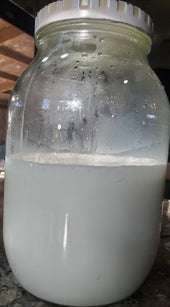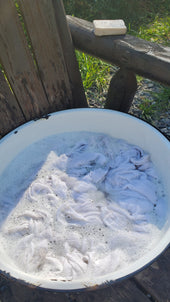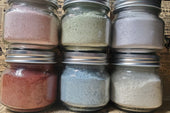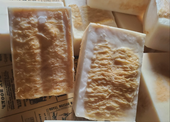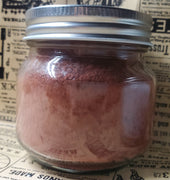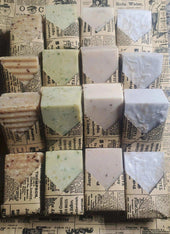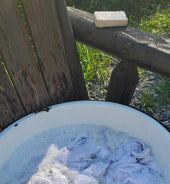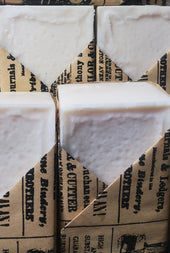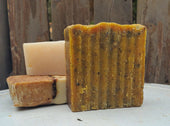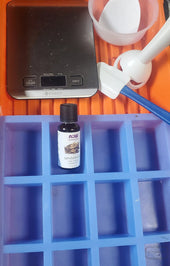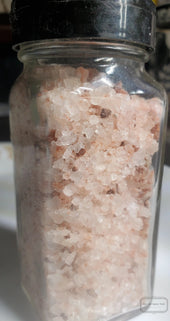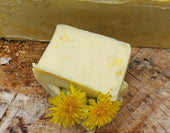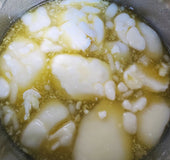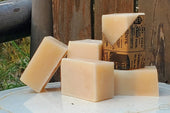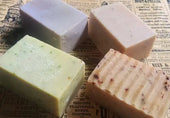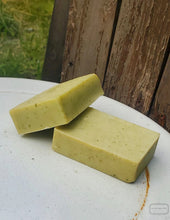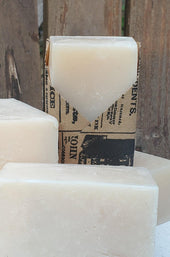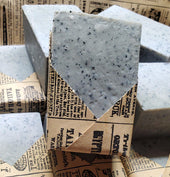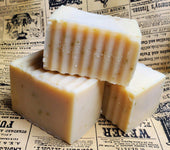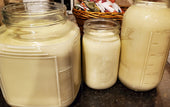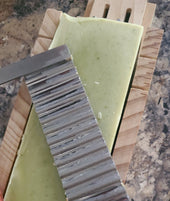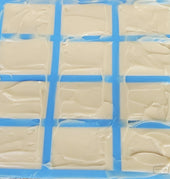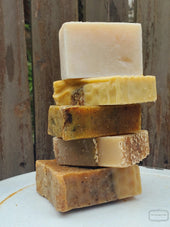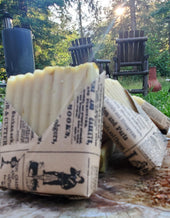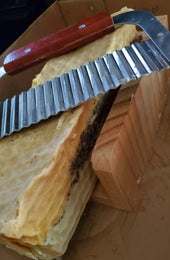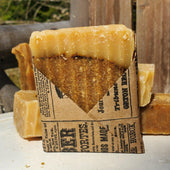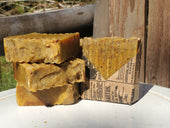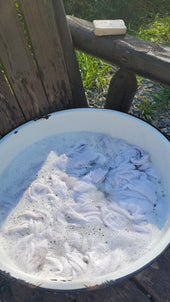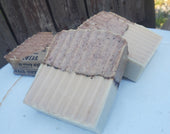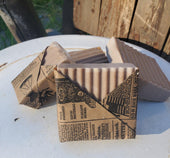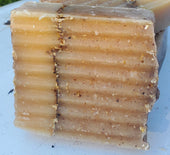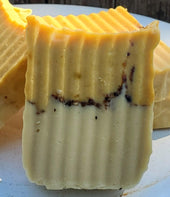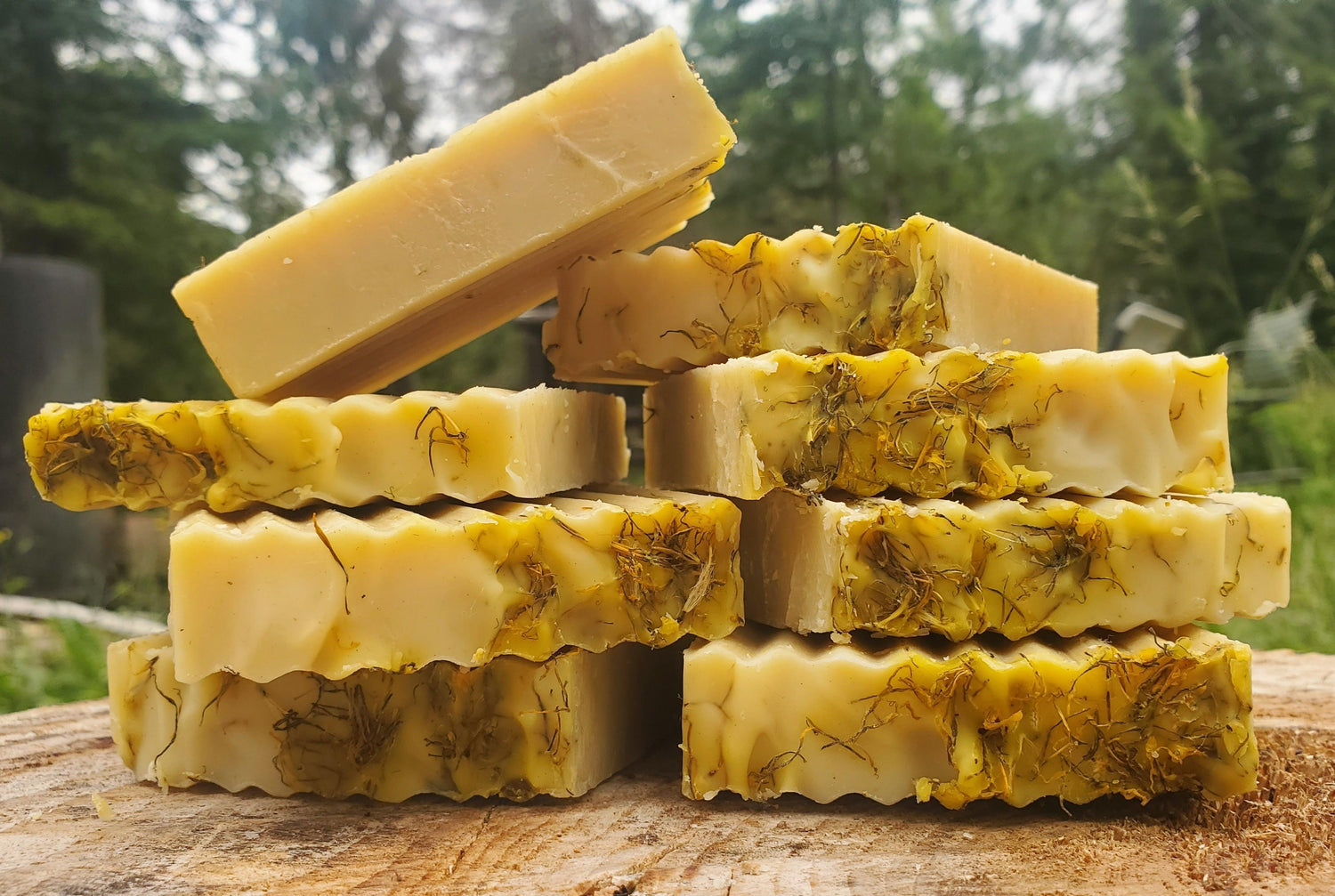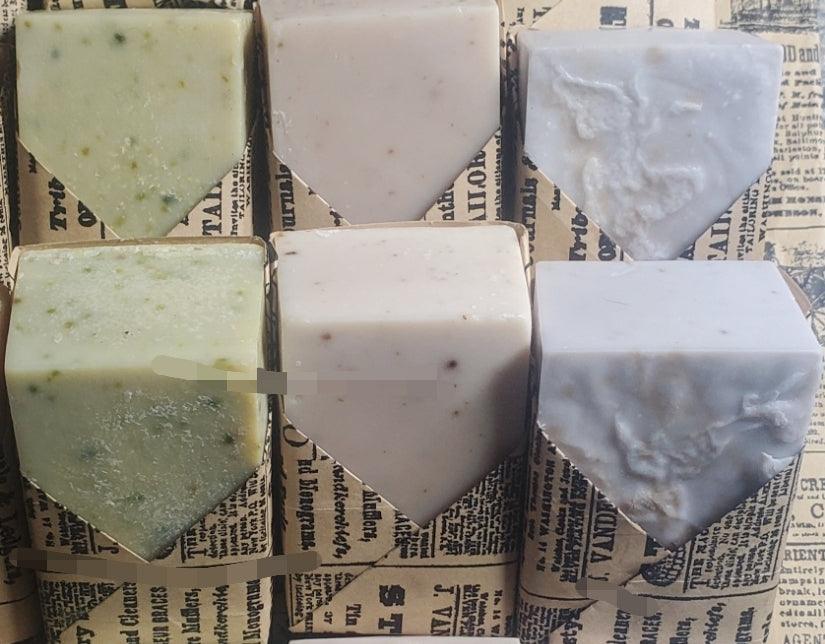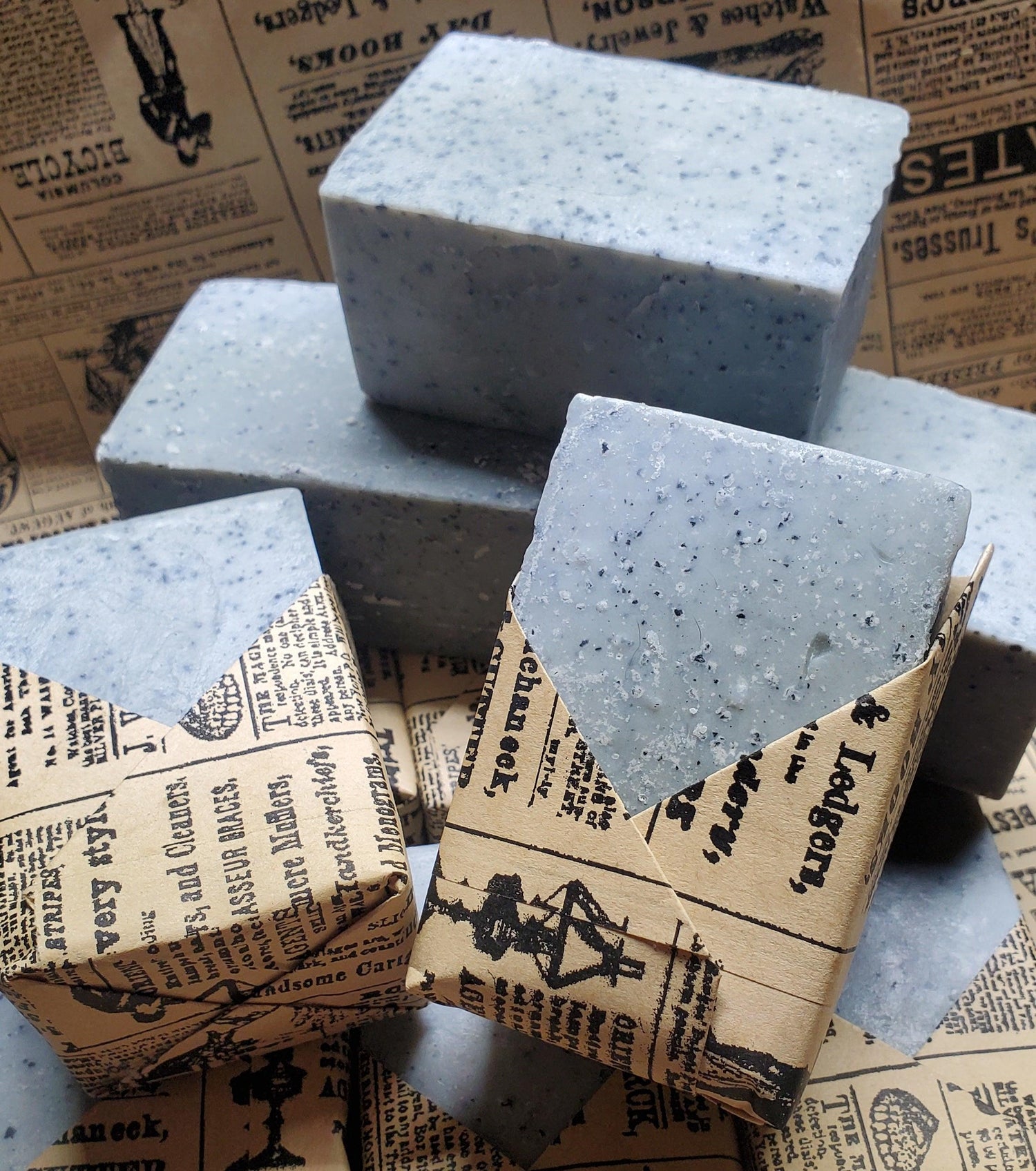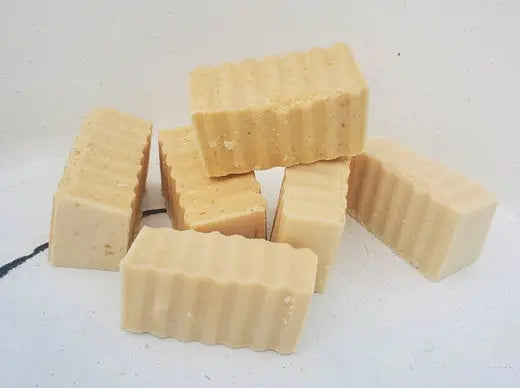
OIL'lisious Olive Oil: Castile Soap
More ThanJust a Drizzle: The Many Uses of Olive Oil.
Olive oil, a cornerstone of Mediterranean cuisine, boasts a rich history intertwined with human civilization. Cultivated for millennia, olive oil has transcended culinary use, finding its place in various industries, including the time-honored tradition of soap making.
A Journey Through Time:
Evidence suggests that olive oil's journey began in the eastern Mediterranean, likely in the region of modern-day Syria and Turkey. Cultivation spread rapidly, reaching Greece, Italy, and beyond. The ancient Greeks and Romans recognized its value, using it not only for cooking but also for lighting, medicine, and beauty.
The Birth of Olive Oil Soap:
The origins of soap making are shrouded in mystery, with various civilizations claiming its invention. However, the use of olive oil in soap production can be traced back to ancient civilizations. The Romans, renowned for their advanced hygiene practices, utilized olive oil in their soap-making processes. Check out other Blog Posts for more History on Soap Making.
Why Olive Oil in Soap?
Olive oil possesses several qualities that make it an ideal ingredient for soap. It is rich in antioxidants and vitamins. Olive oil helps to nourish and hydrate the skin.
Olive Oil is a gentle cleanse. Its mild nature makes it suitable for all skin types, including sensitive ones. The longevity of Olive oil soap involves a very long cure period. Historically, the soap will sit for over 1 year prior to use. When stored properly, it does tend to have a longer shelf life compared to soaps made with some other oils.
A Timeless Tradition: Castile Soap
Today, olive oil soap continues to be cherished for its natural qualities and gentle cleansing properties. While modern soap manufacturing has evolved, traditional methods of crafting olive oil soap persist, preserving a connection to ancient practices. Castile soap is a type of soap traditionally made with olive oil.
The name "Castile" is derived from the Castile region of Spain, where this style of soap originated. Primarily made with olive oil and typically produced using a traditional cold-pressed method. Often known for its versatility, potentially used for various purposes beyond body cleansing.
From nourishing your skin and hair to cleaning your home naturally, olive oil and Castile soap prove to be versatile and beneficial additions to any household. Embrace the power of these natural ingredients and enjoy the many rewards they offer.
In conclusion, both olive oil and Castile soap offer a range of benefits for health, beauty, and home. By incorporating these natural products into your daily life, you can make simple yet impactful choices for a healthier and more sustainable lifestyle.
We hope this blog post has inspired you to explore the wonders of olive oil and Castile soap. Experiment with different uses and discover the unique benefits these natural products can bring to your life. Happy experimenting!
Ready to experience the benefits for yourself? Try incorporating olive oil and Castile soap into your daily routine. Share your experiences in the comments below!
Thanks for Reading! -- The Lazy Dairy Maid
Author: Lazy Dairy Maid --
Sharing a daily routine with these animals and nurturing the land has instilled a deep appreciation for natural ingredients and time-honored traditions, like bread baking, cheesemaking, and the art of cold process soap production.
Read More Here---Meet the Maker: Lazy Dairy Maid
Skin Sensitivity: Always do a patch test on a small area of skin before using any new soap.
Side Note: This blog post focuses on the use of olive oil and its history. It does not delve into the specific properties of any soap itself, as those would fall under the purview of the FDA as cosmetics or drugs.
This blog post aims to inform it's readers about the use of olive oil, it's history, and the craftsmanship involved in creating a natural and luxurious product.


